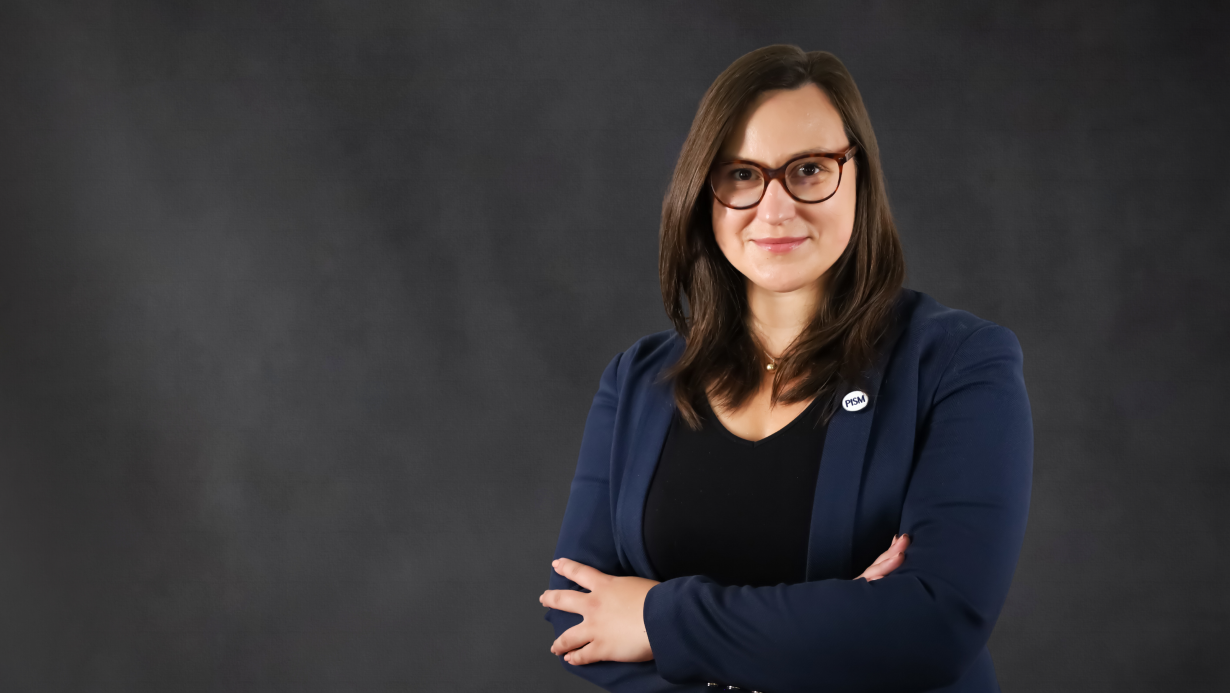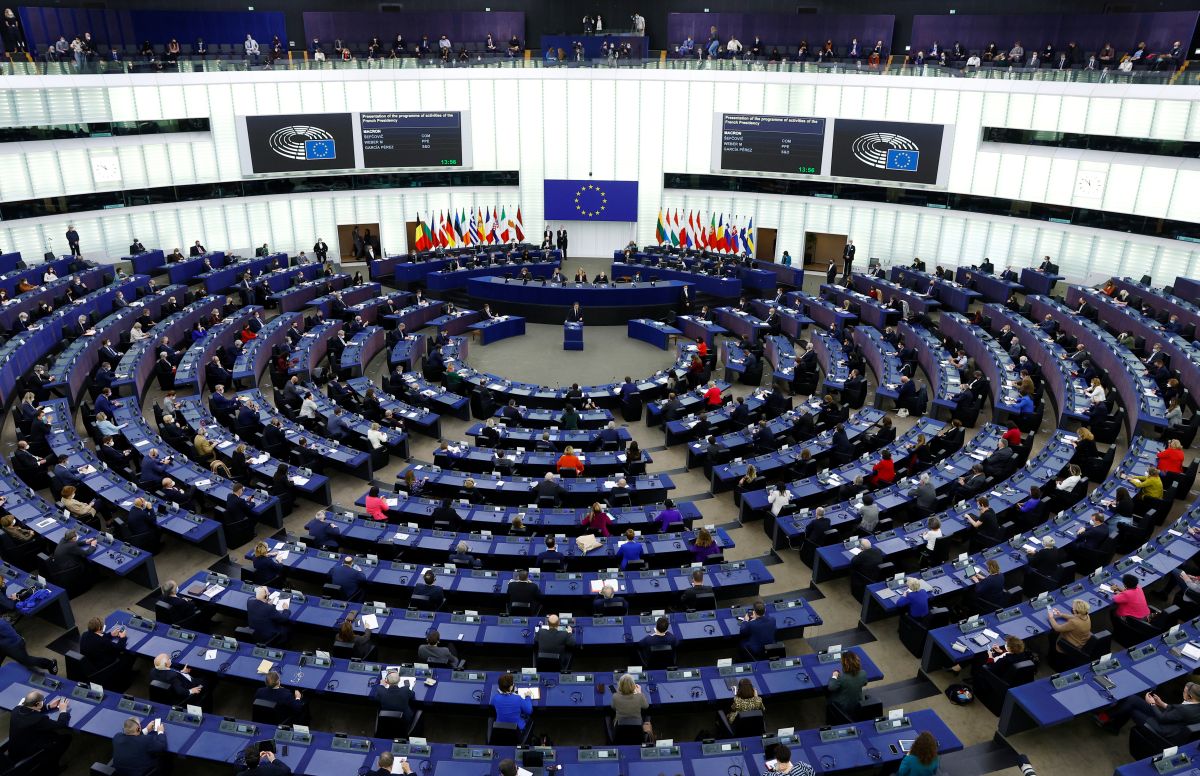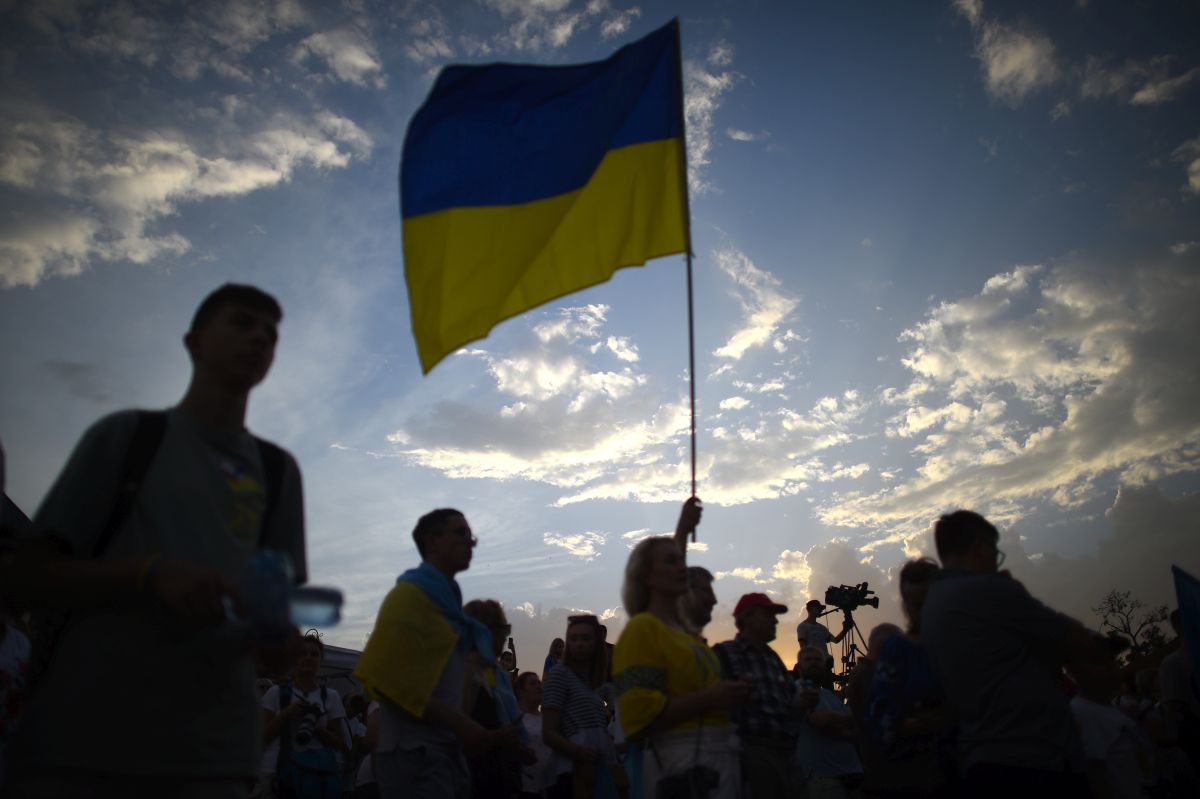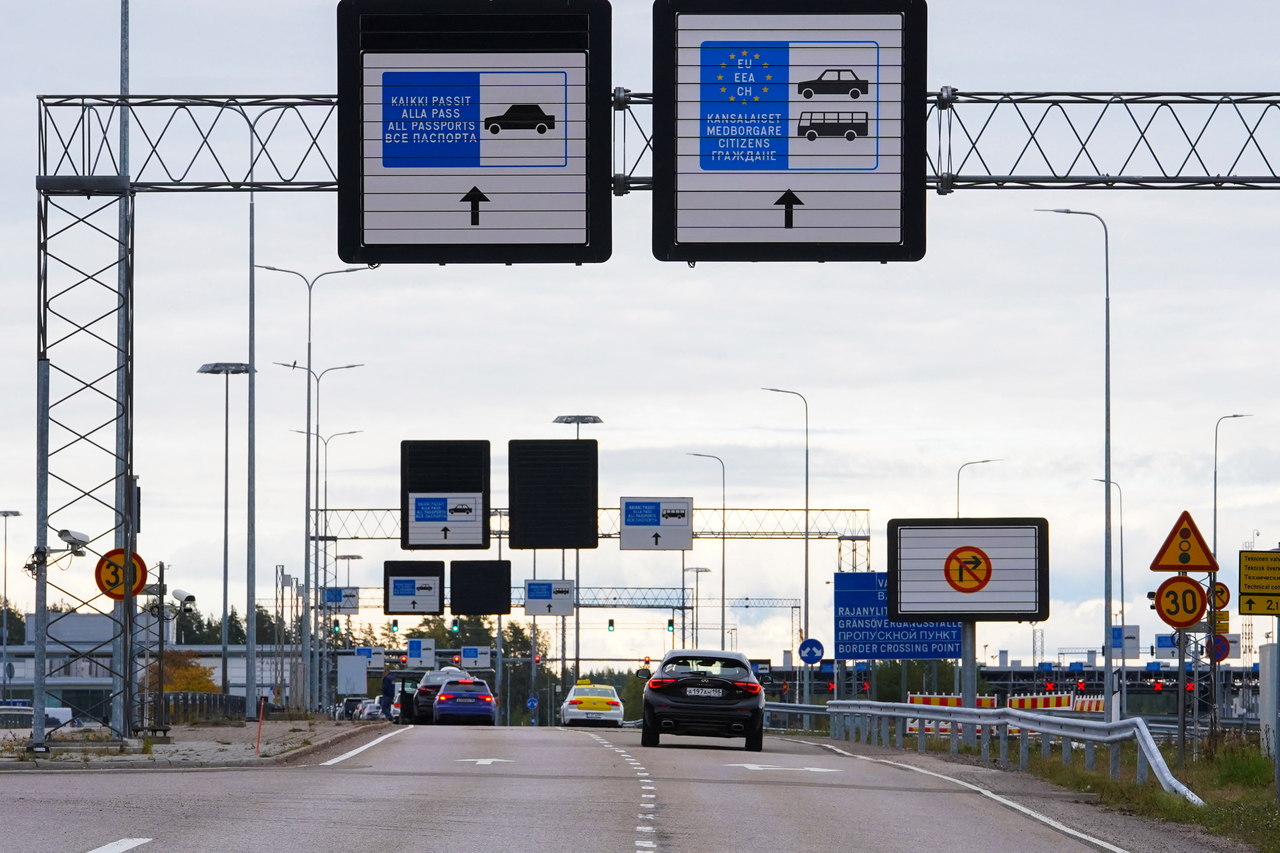EU Member States Take a Position on the Emigration of Russians
Hundreds of thousands of Russians have decided to emigrate as Vladimir Putin’s regime has increased repression of citizens with dissenting views of the government or unwilling to participate in the war in Ukraine. Some of them are trying to enter the EU, justifying it with humanitarian reasons. However, the Member States, which decide the granting of visas and residence permits, have different practices. Elaborating a unified approach remains a major challenge for the EU.
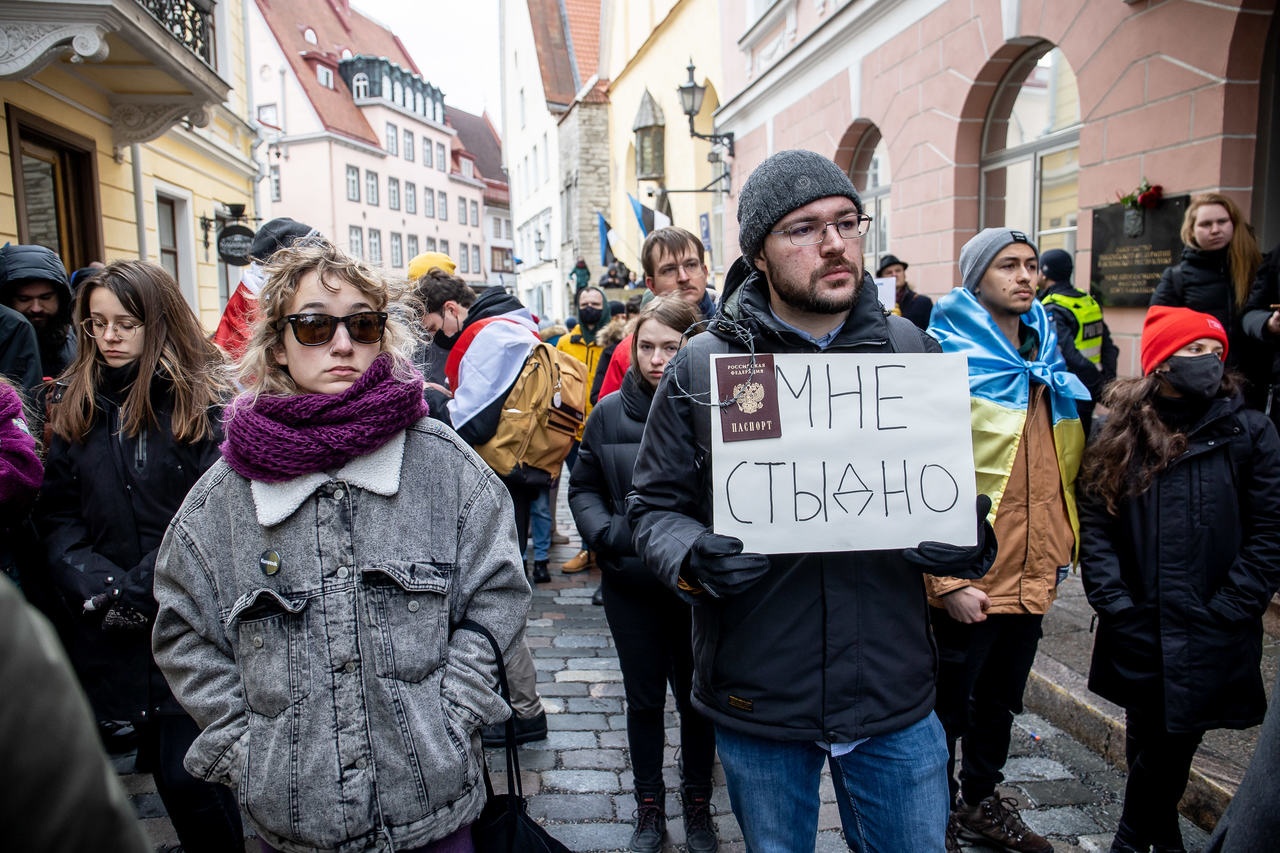 Sander Ilvest / Scanpix Baltics / Forum
Sander Ilvest / Scanpix Baltics / Forum
EU Entry Rules for Russians
To hinder Russia’s aggression, the EU adopted unprecedented economic sanctions and is gradually applying individual restrictions to entities and persons undermining Ukraine’s integrity and sovereignty or benefitting from it. However, the Member States, which are responsible for issuing entry and stay permits and decisions on granting protection, have generally remained open to cooperation with Russian civil society while lacking a coherent policy on this issue.
EU regulations specify entry into the Schengen area and oblige states to treat applicants with dignity and humanity in all situations. While the European Commission (EC) seeks to limit the entry of Russian tourists, it allows Russians to cross borders for important reasons. Primarily humanitarian exceptions are in place to protect certain categories of people, such as opposition members and journalists, from repression by the regime. However, these protections are not automatically extended to all people fleeing Russia, for example, those trying to avoid mobilisation.
Russian Emigrants
Russian residents are increasingly suffering from the effects of the full-scale aggression against Ukraine and the sanctions introduced by Western countries have had a negative impact on the Russian economy, reducing the quality of life (for example, inflation has reached 14% and the World Bank estimated a decrease in GDP by up to 4.5% in 2022), while the authorities limit media freedom and increase repression against oppositionists, human rights defenders, and representatives of civil society. As a result, since February 2022, according to various estimates, up to 700,000 people have left the country for political reasons, making it one of the largest outflows from the country since the 1990s. The emigrants are mainly the wealthy middle class, in particular young people with higher education, often those working in modern sectors of the economy, as well as journalists and activists. Many Russians left for the countries of the South Caucasus and Central Asia because of the visa-free regime. It is estimated that there may be up to 100,000 Russians in Georgia, 90,000 in Kazakhstan, and 40,000 in Armenia.
Despite visa restrictions, around 1.3 million Russians have entered the EU through just the land borders with Finland, Estonia, Latvia, Lithuania, and Poland since February 2022. However, due to limitations on the length of stay, most of them returned to Russia. It is difficult to assess how many Russians actually took up residence in the Member States after Russia’s invasion of Ukraine because admission into the EU includes long-stay visas or dual citizenship. Russians often choose countries already inhabited by the diaspora. In Finland and Estonia, family ties are decisive, while in Bulgaria, Portugal, and Cyprus, the procedure for obtaining the right of residence is relatively easy. The process of obtaining refugee status is the most complicated and lengthy in this context. Despite this, according to data from the EU Agency for Asylum, since February 2022, Russian citizens have submitted almost 10,000 asylum applications. In past years, around 30% of applicants received asylum and 5% received subsidiary protection. In light of the full-scale aggression against Ukraine, this trend can be expected to continue.
Independent Russian journalists and activists have also moved to the EU. Riga became the centre of banned media in Russia, where Novaya Gazeta, TV Rain, and the Russian-language BBC service started their operations in 2022, and the Meduza portal in 2014. In December 2022, however, the Latvian regulator revoked TV Rain’s license to broadcast, in part for showing a map of Russia that included occupied Crimea and a statement by one of the journalists suggesting support given by editorial team to Russian soldiers fighting in Ukraine. This decision was perceived as disproportionate by some independent Russian journalists. Although TV Rain appealed, it received a Danish licence in January 2023. The EU also suspended the broadcasting activities and licenses of nine Russian outlets (Sputnik, RT, and Pervyi Kanal, among others) due spreading disinformation. Russians remain divided in the face of such restrictions with some, for example, pointing to such decisions as violating the freedom of speech.
Challenges
The diversity of practices for granting entry and residence permits among the Member States remains a problem. Countries that have introduced the strongest visa restrictions include Poland, the Baltic states, and Finland, but they are accused of politicising the granting of visas and residence rights. EU countries also communicate their stance towards migrants from Russia in different ways. Germany, Portugal, and Spain emphasise, for example, the need to distinguish penalisation of the Russian regime from penalties on ordinary citizens. The Russian diaspora, on the other hand, often uses these differences to highlight that most EU restrictions only affect the less affluent, while the elite are able to successfully circumvent them, thus fuelling anti-EU sentiment among Russians at home and abroad.
The EC encourages the Member States to thoroughly screen applicants in terms of security. It is, however, particularly challenging to identify those who really need protection versus potentially dangerous people, meaning those who will spread disinformation or provoke conflicts with Ukrainian refugees. Another issue is the application of restrictions to people who previously resided on the territory of the EU, for example, on the basis of dual citizenship or a residence permit. In the case of long-stay visa holders, the EC encourages states to reassess applications in the context of the ongoing war. It can be expected that the possible revocation of those visas will result in accusations of discrimination, while the required in-depth inspection will extend the proceedings due to the low capacity of some offices.
Difficulties are also associated with obtaining the right to enter the EU. While migrants can apply for asylum already on EU territory, at the border, or in a transit zone, this is a lengthy and exceptional procedure. Therefore, Russians often apply for a visa abroad, but in principle such applications should be submitted at the consulates of EU Member States in Russia, and only exceptionally at the EU’s external borders. According to guidelines by the EC, consulates of Member States in third countries (e.g., Georgia and Kazakhstan) should not accept visa applications from Russians. Moreover, obtaining a visa does not result in automatic consent to enter the EU, as it is decided by the authorities at the border.
Perspectives and Conclusions
The different approaches of EU countries to migrants from Russia highlight the imperfections of the EU’s migration and asylum policy. Reaching consensus on the issue of allowing the entry and stay of Russians seems impossible for the time being, although for security reasons it is in the interest of the EU as a whole. The lack of a uniform response from the Member States makes it difficult to counteract the penetration of Russian services or provocateurs, such as those spreading anti-EU and anti-Ukrainian themes. Poland can argue that limiting the entry to and stay of Russians in the EU is one form of support for Ukraine and that it impacts Russian society, while—on the basis of Poland’s own experience—emphasises that public pressure is key to changing the authorities.
It is also not in the interest of the Member States to completely close their borders to Russians, especially those fleeing repression. Such segregation of Russian society would increase its susceptibility to propaganda that, for example, portrays the EU as an enemy, which reduces the chance for dialogue in the future. It could also undermine the credibility of the EU’s leadership in the protection of human rights and even expose it to allegations of discrimination by stigmatising all Russians based on their country of origin. A coherent message addressed mainly to Russian society, including people living in exile, could therefore improve the perception of the EU, which some Russians accuse of applying a double standard when deciding whether to grant protection to citizens of Russia, Ukraine, or Belarus on its territory. It would also be advisable to develop new support programmes for the Russian opposition at the EU level and adapt the existing ones to the current situation in this country (e.g., financing channels), while taking into account the thorough verification of potential partners.


